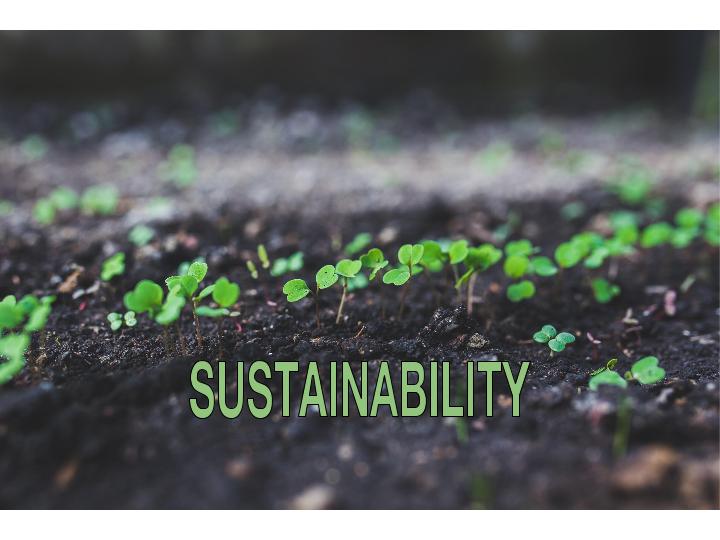Making sustainability more than a buzz word
Sustainability is hot, with many companies showing an increasing interest in efforts to sustain the food chain. But the term is used so often it has become a container concept without a clear outline.
“Sustainability has not been defined,” says Gert Engelen of VECO, a Belgian-based organisation that creates an enabling environment for smallholder farmers, “it is an evolving concept.”
Marc Soumillion of Res Sense, an organisation integrating commitment, innovation and experience, listed six components of sustainability: interdependence, incorporation, innovation, insight, integration and integrity.
Speaking at the “Tomatoes, trends towards 2020″ conference in Antwerp in April, as was Engelen, he stressed that a balance in the three P’s (planet, people, profit) is key.
Both Engelen and Soumillion agree that the fresh produce sector has all the right starting points.
“The sector is a very good sector for sustainability,” Engelen said. He thinks the expected growth in vegetable consumption offers more opportunities to make the food chain more sustainable.
Thanks to renewed interest in and enjoyment of good nutrition,
“times have never been so favourable in food,” Soumillion said.
Yet there are hurdles to overcome. Engelen highlighted the awkward position of producers at the base of the chain and mentions them to be the weakest link in the chain. Unstable and low prices, job complexity and a heavy workload are factors keeping potential future farmers away from the job, among factors posing “a realistic risk for the future of the food supply,” he said.
Consumer benefits and communication
Many recommendations have been made on how to make the food chain future proof and ensure a balanced distribution of expenses and benefits, ranging from pre-competitive cooperation via transparency to level playing fields.
One thing, however, is very clear, the consumer should be the focal point. Since a more sustainable product usually involves a higher price, the consumer’s needs and wants should be responded to.
Soumillion said that meeting people’s three need states – rational, emotional and societal – compounds the benefits for brands and delivers real business value. But he warned against confusing the normalisation of processes and product quality with the adding of true value and meaningful consumer benefits.
“You have to translate what you do in consumer benefits,” Soumillion said.
Communication is very important to this process. Engelen emphasised that it is very hard for the consumer to know which product is sustainable. He sees a role for authorities and companies to inform consumers more effectively.
Moreover, he thinks that when more information is shared with consumers throughout the food chain, they will be more understanding, which would be a useful step towards a more sustainable food chain.
Background Image of rucola courtesy of KaboomPics



